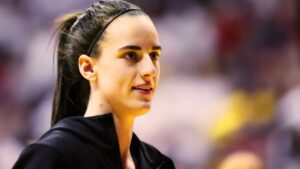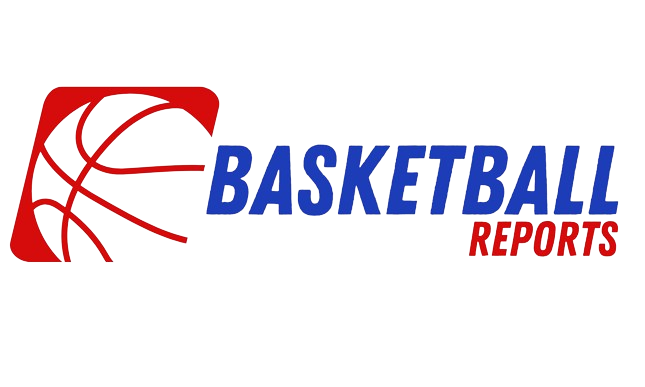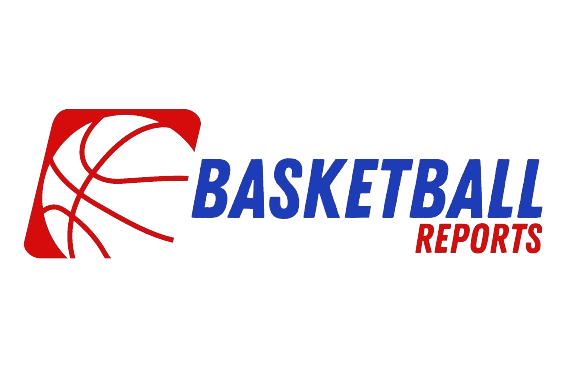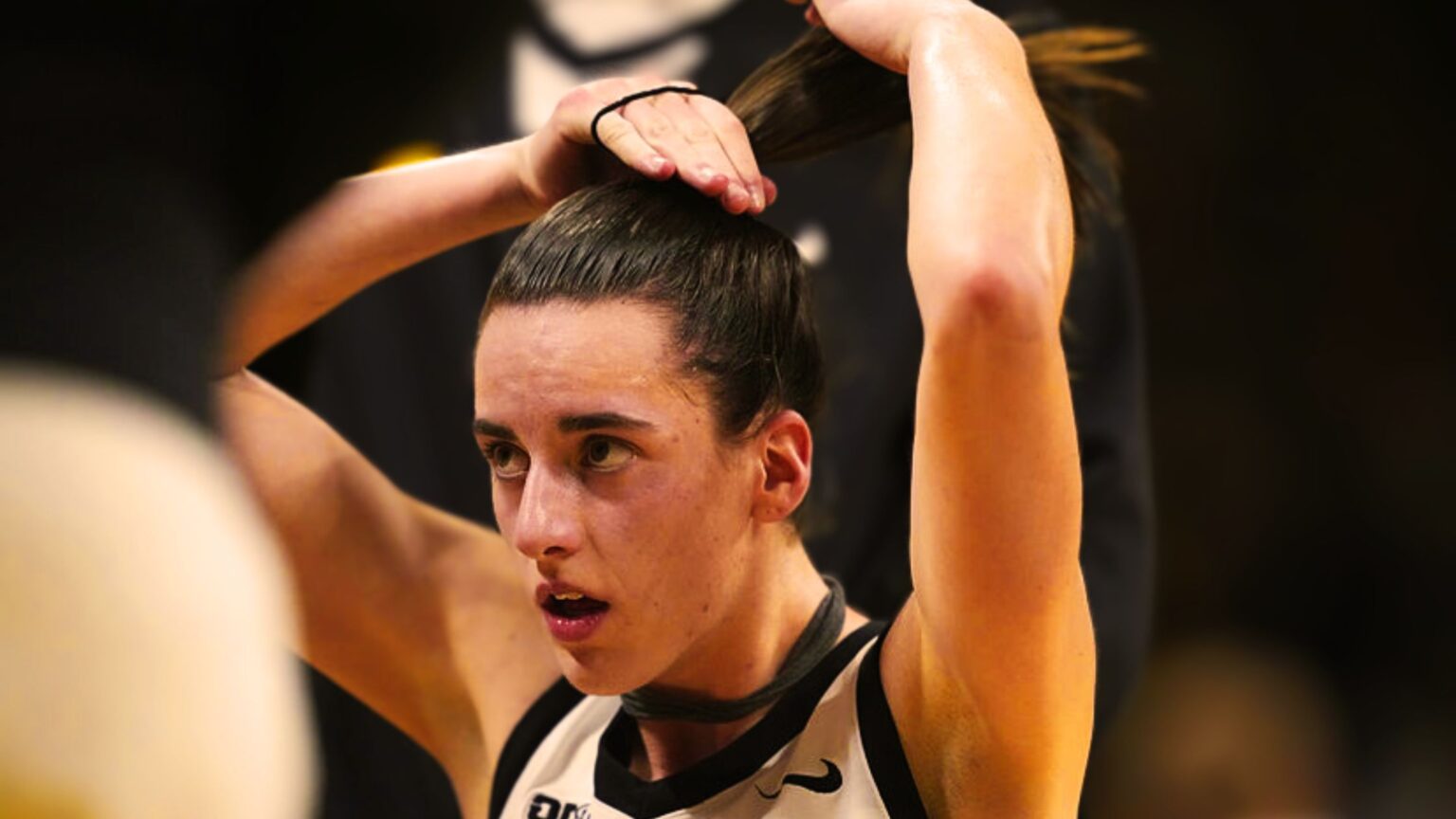The Public’s View of Athletes and Its Impact
Athletes in professional sports are frequently put in the spotlight, with fans and media closely analyzing their every action. This examination can have both positive and negative repercussions, as it elicits both praise and disapproval. Caitlin Clark, the talented guard for the Indiana Fever, was recently involved in a controversy that highlights the challenges athletes encounter when trying to juggle their private lives with their public images.
The Event and Immediate Reaction
The conflict started when Clark was questioned about her feelings regarding fans involving her name in the current cultural conflicts that have caused division in the country. She gave a brief and tactless initial response. “She said, ‘No.'” “I am not able to perceive it.” I am unable to perceive it. My attention is not directed there. I am concentrating on basketball right now. That is the location it should be, that is where it has stayed, and I am striving to improve every day. This reply was meant to avoid conflict but ended up making it worse.
The Backtrack and Public Reaction
Five hours after her initial comments, Clark attempted to clarify her stance, stating that “people should not be using my name to push those agendas.” Despite this, the damage had been done. Di Jonai Carrington of the Connecticut Sun was among those who criticized Clark’s initial comments. On X (formerly Twitter), Carrington wrote, “Dawg, how one can not be bothered by their name being used to justify racism, bigotry, misogyny, xenophobia, homophobia & the intersectionality’s of them all is nuts. We all see the sh*t. We all have a platform. We all have a voice & they all hold weight. Silence is a luxury.”
Caitlin Clark eventually got it right, but she needs to consider the agenda around her name – The Athletic https://t.co/kZ5rCBwLOG
— Sandy Taylor-Sanford (@Disney4Eternity) June 15, 2024
The Responsibility of Public Figures
Clark’s situation highlights the immense responsibility that comes with fame. When individuals are anointed as rising stars, as Clark has been in the WNBA, they are often expected to transcend the game and become societal role models. This expectation places them in a difficult position, as they must navigate their personal beliefs and the expectations of the public.
The Connection between Sports and Society
The situation is made more complex by the reality that sports now play a major role in social and political discussions. Athletes now have become more than just sports figures; they have become influential voices in wider societal discussions. Many believed that when Clark initially declined to address how her name was being used in divisive ways, it was a missed chance to speak out against racism, misogyny, and other societal issues.
Anticipated obstacles and predictions for the future
The dispute is expected to come up again when the Chicago Sky play against the Fever. This visit is causing more tension because of previous incidents with Clark and Sky players Chennedy Carter and Angel Reese. Carter and other colleagues allegedly experienced harassment at a hotel after clashing with Clark on the court. On the contrary, Reese has been criticized by certain fans of Clark for making fun of him during LSU’s national championship victory two years ago. These events show how personal conflicts and fan conduct can mix with larger societal problems, making the story of individual athletes more complex.

Athletes’ voices have the ability to exert influence and make an impact.
In the era of social media, athletes have a presence that reaches far beyond the playing field. It is important for them to realize the importance of their words and actions because they have the power to affect millions with their voices. Clark’s case shows that remaining quiet can be seen as agreement, and athletes are frequently required to speak out against and denounce injustice on their platforms.
The Importance of Media Training and Assistance
Athletes require thorough media coaching and backing to deal with these challenges. This training should get them ready for interviews as well as make them aware of the wider social impacts of their comments. By providing athletes with the resources to address these issues thoughtfully, they can enhance their ability to advocate for positive change.
Summary
The recent controversy involving Caitlin Clark reflects the wider challenges encountered by today’s athletes. Being in the public eye requires them to manage their individual priorities in playing the game while also meeting the demands of society. The event highlights the significance of athletes being aware of their impact and the necessity of receiving media training. In the future, it will be crucial for Clark and others in similar roles to carefully navigate these complexities, utilizing their platforms to advocate for inclusivity and justice.


